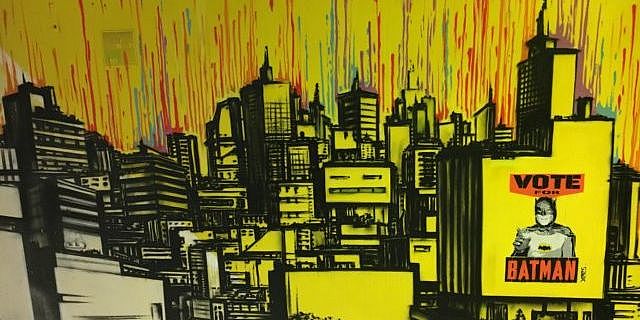Effecting cultural change from below? A comparison of Cape Town and Bandung's pathways to urban cultural governance

Laura Nkula-Wenz, with Zayd Minty (Creative City South/Cultural Policy and Management Department, University of Witwatersrand)
in Cultural Trends, 2019
This article compares the cultural governance pathways of two UNESCO “Design Cities” – Bandung and Cape Town – methodologically framing them as “repeated instances” [Robinson, J. (2018). Policy mobilities as comparison: Urbanization processes, repeated instances, topologies. Revista de Administração Pública, 52(2), 221–243] of a globalized drive towards more creative cities. While the value of mobilizing culture for local urban change in rapidly growing cities of the global South is increasingly recognized [Mbaye, J., & Dinardi, C. (2018). Ins and outs of the cultural polis: Informality, culture and governance in the global South. Urban Studies, 56(3), 578–593], postcolonial urban scholars have rightly questioned whether internationally popular cultural policy approaches are able to speak to their complex challenges, underpinned by informality and the after-effects of colonialism [Pieterse, E. (2006). Building with ruins and dreams: Some thoughts on realising integrated urban development in South Africa through crisis. Urban Studies, 43(2), 285–304]. As postcolonial states are slowly shifting away from a centralized cultural institution model linked to symbolic nation building projects [Booyens, I. (2012). Creative industries, inequality and social development: developments, impacts and challenges in Cape Town. Urban Forum, 23(1), 43–60], travelling cultural policies brought in by foreign agencies and adapted by local epistemic communities have inspired a range of responses that can be broadly described as cultural policy innovation from below Cohen, D. (2015). Grounding mobile policies: Ad hoc networks and the creative city in Bandung, Indonesia. Singapore Journal of Tropical Geography, 36(2015), 23–37]. In turn, we examine how different cultural policy approaches have been locally mobilized and reworked in Bandung and Cape Town in response to situated realities and in partnerships between cultural, academic, business and local government actors. We argue that comparing the emerging “creative cityness” [Nkula-Wenz, L. (2018a). Worlding Cape Town by design: Encounters with creative cityness. Environment and Planning A: Economy and Space, 1–17] of both cities provides valuable insights into the opportunities and challenges of urban cultural governance in the global South.
Quick Links
